Believe Iran’s military might or await enormous costs of any aggression, Iranian general warns
A senior Iranian military commander has advised the enemy not to test the might of the country’s armed forces, saying it will not be able to bear the costs of an all-out confrontation with the Islamic Republic.
Major General Gholam-Ali Rashid, commander of the Khatam al-Anbiya Central Headquarters, warned on Tuesday of a well-calculated response at the right time and place should the enemy make the slightest mistake.
The enemy should know that “we are always watching them, we are ready, and we will surely impose more costs on them compared to what they can achieve,” Rashid asserted.
He hoped that the enemy would not seek to “test our will and strength,” otherwise it will not be able to “bear the costs of an all-out confrontation.”
“Believing in the Islamic Republic of Iran’s power will definitely cost the enemy less,” Rashid added.
The remarks follow weeks of increasing tensions between Iran on the one hand, and the US and its allies, in particular Israel, on the other hand, especially over the ongoing negotiations in Vienna to revive the 2015 Iran nuclear agreement, which the Israeli regime staunchly opposes.
Israel has suggested that it will attack Iran, with Israeli minister of military affairs Benny Gantz telling American officials that he had directed the regime’s military to prepare for the possibility of a military strike against Iran’s nuclear facilities.
“Of course, we prefer to act in international cooperation, but if necessary - we will act alone. We defend ourselves by ourselves,” Israeli Foreign Minister Yair Lapid warned on Monday.
Iranian generals, for their part, have decisively warned the Tel Aviv regime against any adventurism against the country, pledging a crushing response to any attack.
Iran’s Islamic Revolution Guards Corps (IRGC) also launched a massive military exercise last week, after which both the Chairman of the Chiefs of Staff of the Iranian Armed Forces Mohammad Baqeri and IRGC Chief Commander Hossein Salami warned that the Iranian armed forces will “cut off” the hands of aggressors in case of an attack against the country.
“25 large-scale exercises have been planned for this year,” Rashid said, hinting at the latest exercise. “So far, 15 major exercises have been conducted by the Army and the IRGC, some of which, of course, will not be publicized.”
He said military exercises are held annually by the Iranian armed forces to test the perception of enemy threats and assess the level of combat readiness, adding that more importantly, the drills show the adaptation degree of the preparations to the risks ahead.
In fact, the general continued, conducting exercises “means a war before the war. Therefore, it requires precision and creativity in targeting and planning, as well as novelty in execution in order to surprise the enemy.”
VIDEO | Yemen: A bone in Israeli neck
D-8’s role in Iran’s economy after Cairo summit
China slams US as ‘war-addicted’ threat to global security
China ‘firmly opposes’ US military aid to Taiwan
VIDEO | Press TV's News Headlines
President Yoon Suk Yeol to be removed from office
At least 19 Gazans killed by Israeli airstrikes since dawn: Medics
Leader: Iran neither has nor needs proxy forces


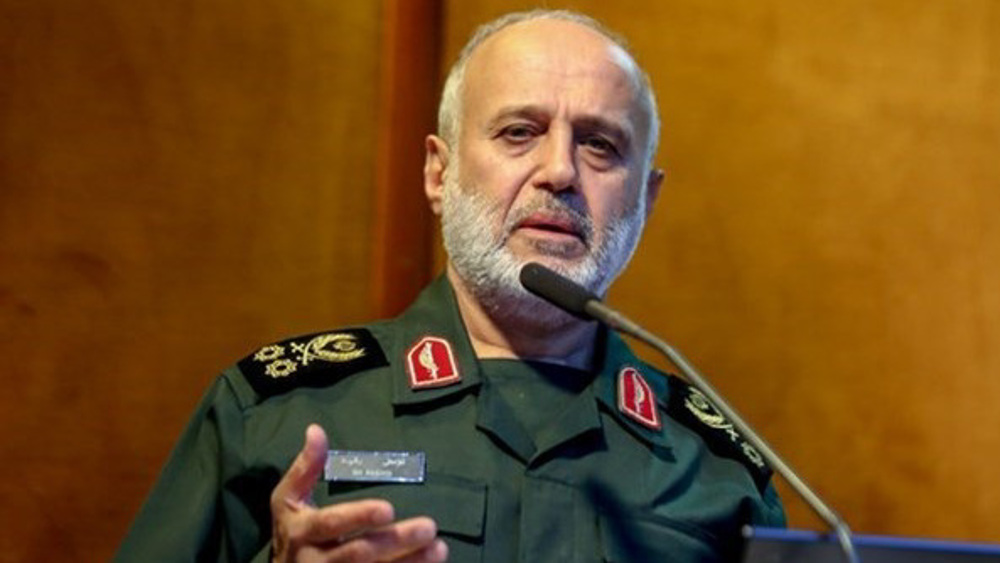
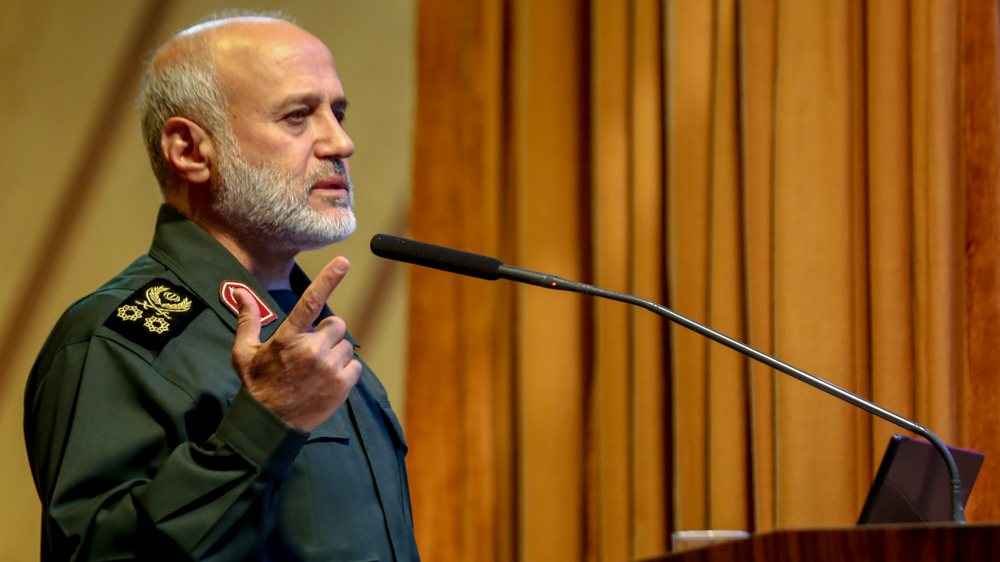

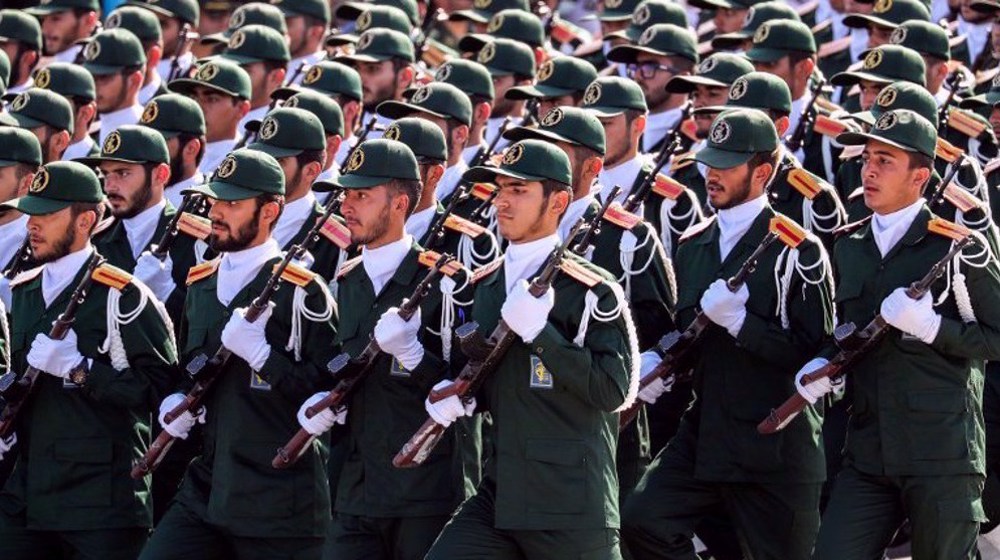
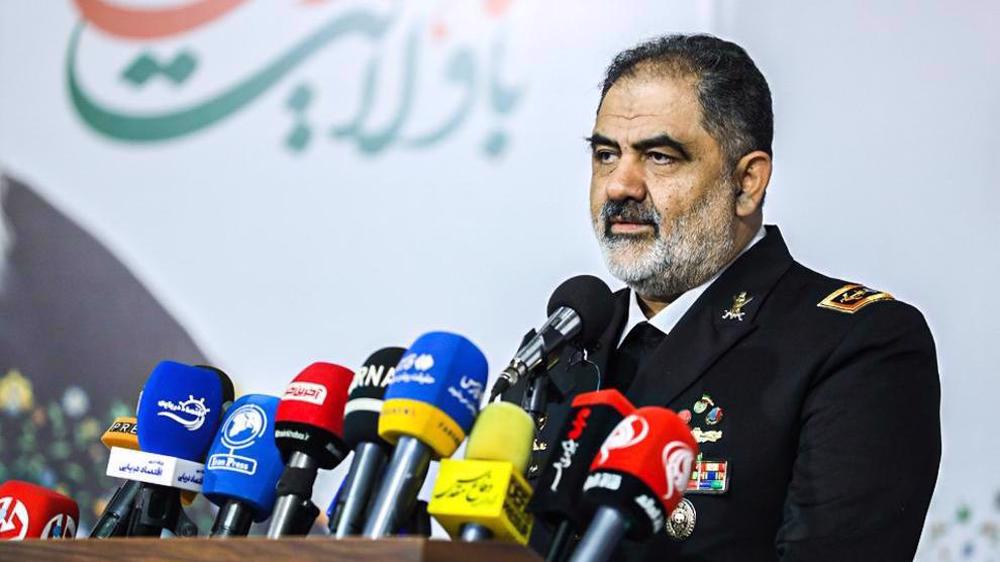




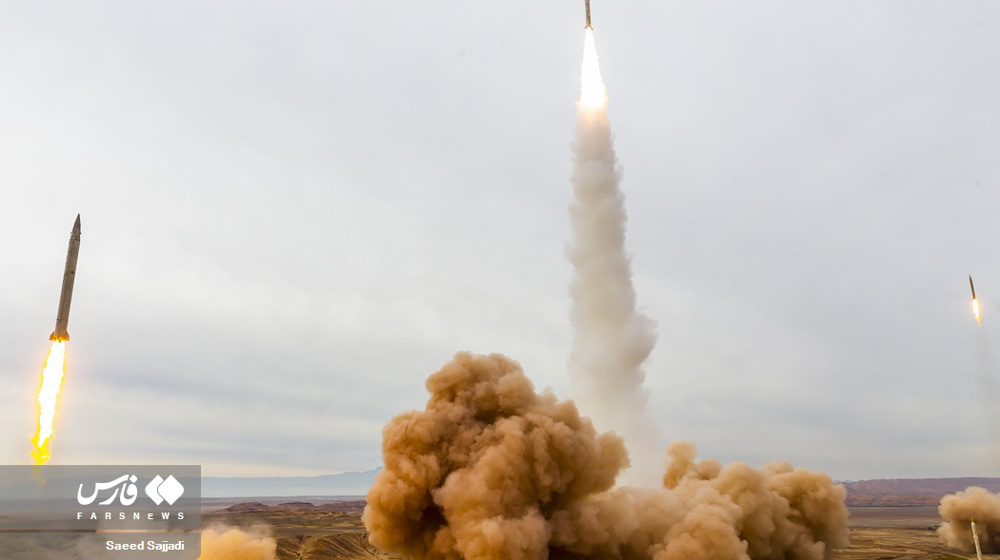
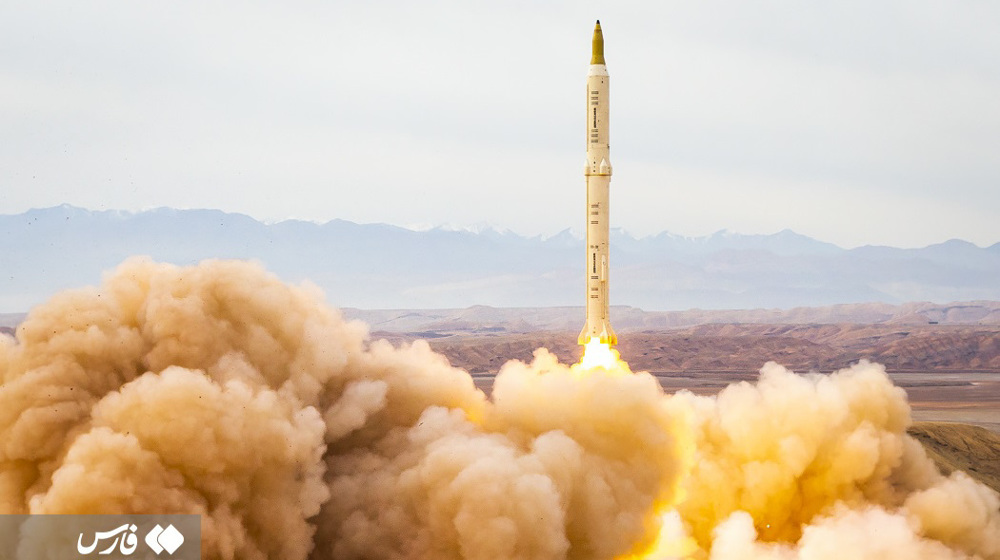
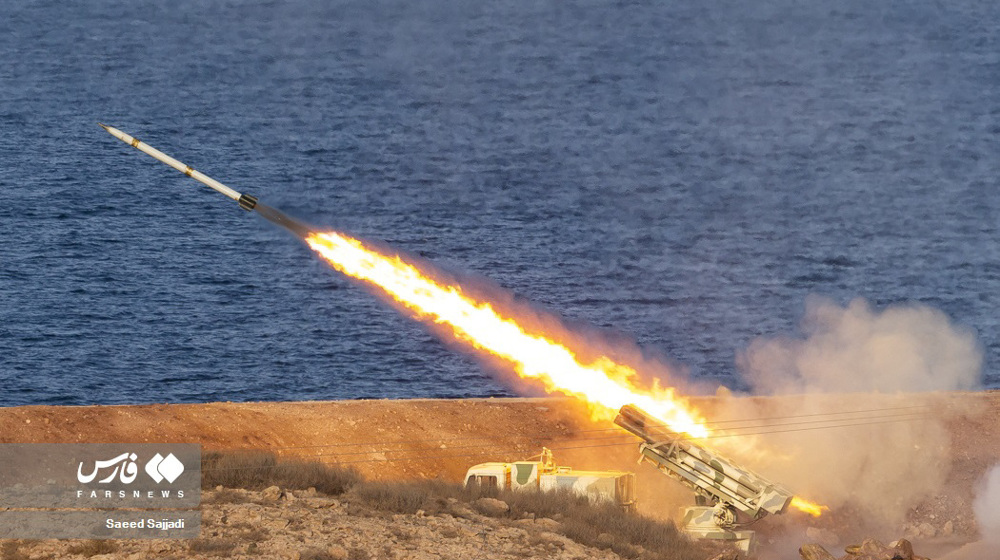
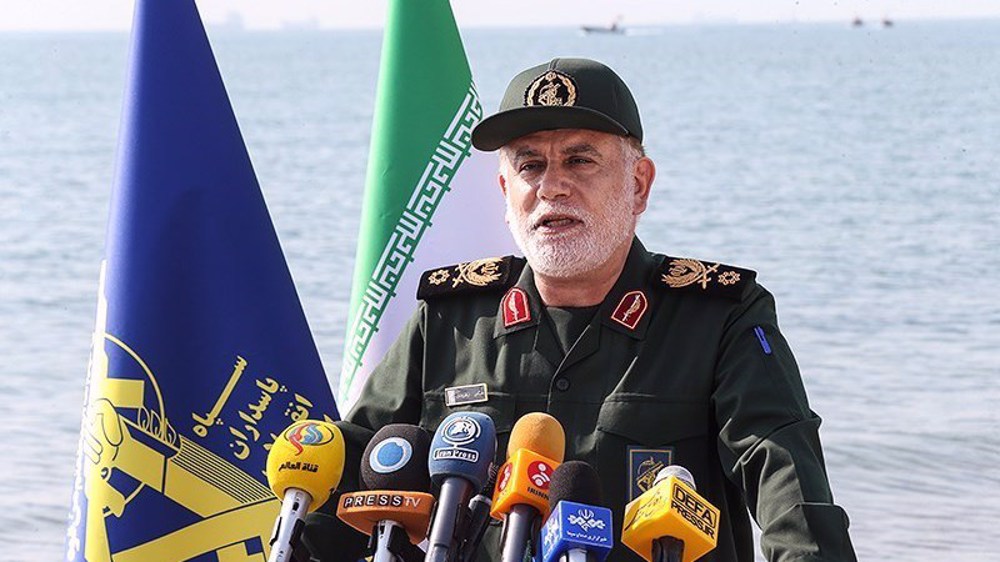
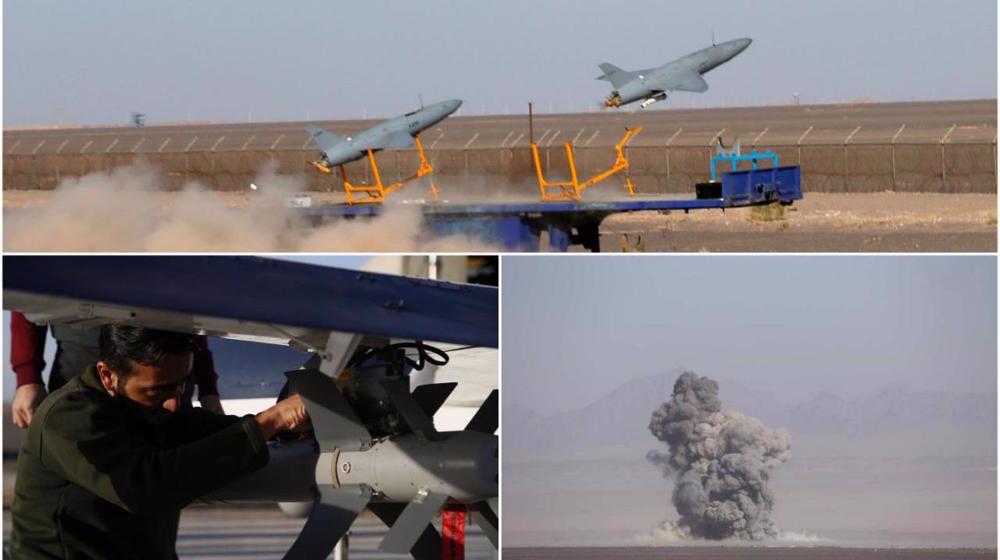

 This makes it easy to access the Press TV website
This makes it easy to access the Press TV website